Photographs: Jayanta Dey/Reuters BS Reporter in New Delhi
Who is likely to be the star of the Indian economy in 2014?
Will it be the Reserve Bank of India Governor Raghuram Rajan or the new finance minister of a new government to be formed by May-end?
Or will it be somebody else? It's a difficult question like all questions that require some crystal gazing.
The past is often an indicator of the future.
A similar situation prevailed at the end of 2008.
And a similar question arose when the debate was whether the star of the economy in 2009 would be the RBI Governor or the new finance minister who would take charge of the economy in 2009.
In the first week of September 2008, Duvvuri Subbarao was appointed to head RBI as governor and immediately got down to the onerous task of minimising the adverse impact of the financial meltdown that had begun with the collapse of Lehman Brothers by the middle of September that year.
. . .
Who is likely to be the star of the Indian economy in 2014?
Image: Reserve Bank of India (RBI) Governor Raghuram Rajan leaves after a news conference for the mid-quarter monetary policy review at the RBI headquarters in Mumbai.Photographs: Danish Siddiqui/Reuters
Subbarao made an immediate impact and stabilised the currency and made headway in preventing the international crisis affecting the Indian financial sector.
A couple of months later, the attack on India's financial capital by terrorists from Pakistan led to a ministerial reshuffle at the Centre.
Shivraj Patil was shifted out of the home ministry, to be replaced by then finance minister Palaniappan Chidambaram, as a result of which there was a vacancy in the finance ministry.
By January 2009, Pranab Mukherjee, external affairs minister at that time, was entrusted with the additional charge of the finance ministry -- a responsibility that remained with him even after the general elections of May 2009 and until late June 2012 before his election as India's 13th President.
Initially, it looked the person who made the biggest difference to the Indian economy in 2009 would be Subbarao.
. . .
Who is likely to be the star of the Indian economy in 2014?
Photographs: Danish Siddiqui/Reuters
But as events unfolded that year, Mukherjee emerged as a strong contender for that slot. Mukherjee not only presented the interim Budget in February 2009, he retained the finance ministry after the Congress' successful return from the May general elections that year.
His Budget in July 2009 resumed the unfinished reforms agenda by committing the government to a new direct taxes code and a goods and services tax regime.
Significantly, Mukherjee's Budget outlined the government's plan to unveil a food security programme that would supply wheat and rice to every poor household at a subsidised price.
His policies also led to the sharpest slippage in the Union government's fiscal deficit at 6.5 per cent of gross domestic product, a record high seen since the economic reforms of 1991.
It was clear Mukherjee's impact on the Indian economy in 2009 was no less than that of Subbarao.
Will history repeat itself in 2014?
Soon after joining RBI as governor in the first week of September 2013, Rajan made the right noises.
That calmed the markets.
. . .
Who is likely to be the star of the Indian economy in 2014?
Photographs: Reuters
Later, he took some firm decisions that helped reduce the Indian economy's external vulnerability.
The current account deficit, that had widened to an alarming level, was brought down to a manageable zone of less than two per cent of GDP.
The government's decision to raise import duty on gold also helped.
But Rajan, through his policy actions in the last few months of 2013, has held out the hope of steering the economy with a safe pair of hands in 2014.
His role would be critical as with general elections due in May, there is little hope of any policy action from the government for almost half the year.
Rajan, therefore, will be expected to make a difference with his announcements on new bank licences and monetary policy reviews that, while keeping a check on inflation, also helps revive growth.
On the external front, it will be Rajan again who would be required to respond with necessary policy measures to counter any eventual impact on the Indian economy of the roll-out of the US Fed's gradual tapering of its quantitative easing policy.
. . .
Who is likely to be the star of the Indian economy in 2014?
Image: A vendor drinks tea as he sits on a weighing scale besides stacked sacks of onions at a wholesale vegetable and fruit market in Chandigarh.Photographs: Ajay Verma/Reuters
While the first half of 2014 will clearly belong to Rajan, the second half could be different, if the new finance minister gets down to the task of fiscal consolidation, kick-starts stalled reforms in energy pricing and labour policy, slashes subsidies in a wide range of areas, including fertilisers, by making them more targeted, removes investment bottlenecks arising out of delayed clearances and expedites reforms in direct as well as indirect taxes.
Preliminary work on the direct taxes code and the goods and services tax has been done and it would require a focused finance minister to implement these much-delayed taxation reforms.
The finance minister of the new government that is formed by end-May 2014, therefore, stands a good chance of becoming the star of next year if with these measures he can revive growth along with reduced fiscal deficit and lower inflation.
But, if he fails to deliver on growth and economic reforms, the Indian economy will take a hit and the country's focus of attention will once again be Rajan and how he minimises the damage to the Indian economy.

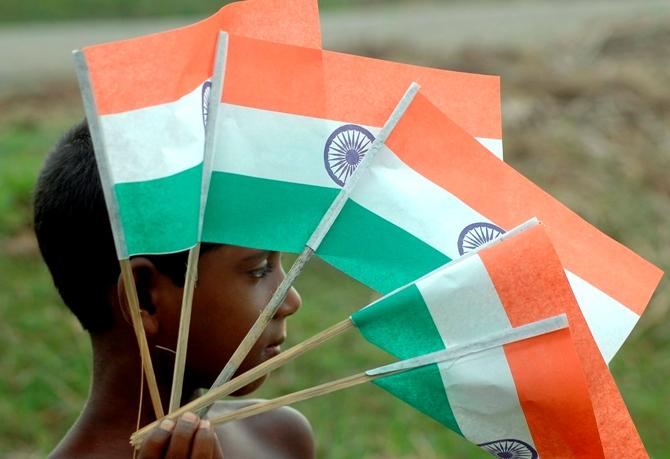
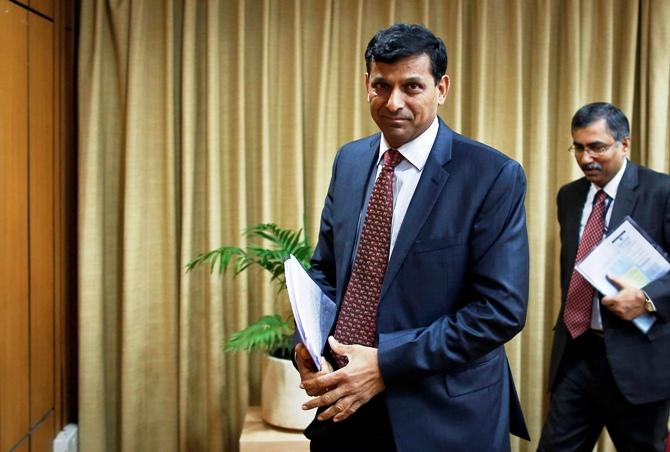
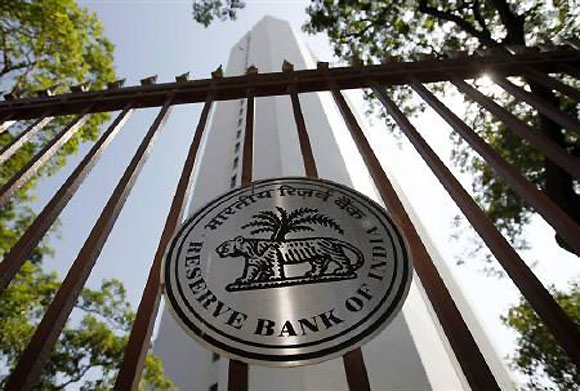
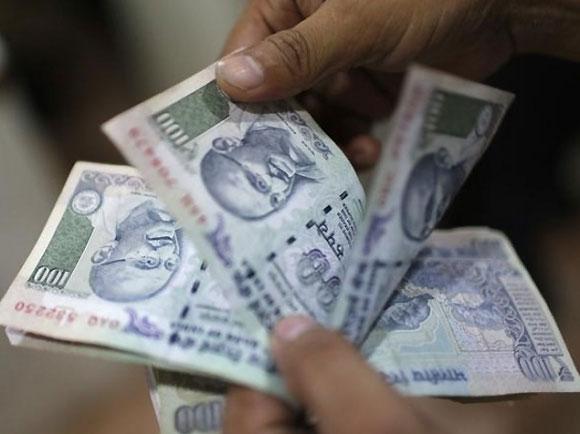
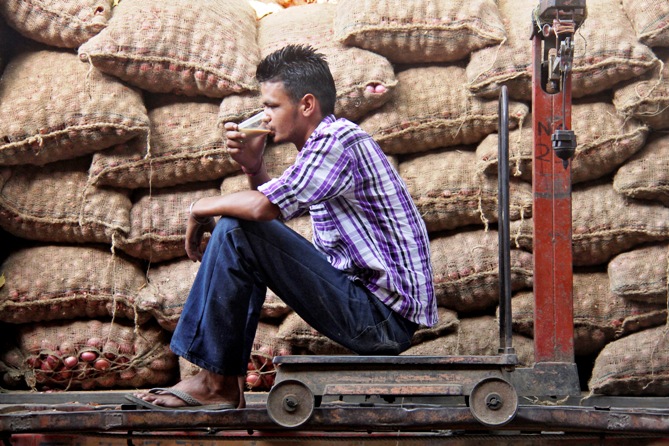

article